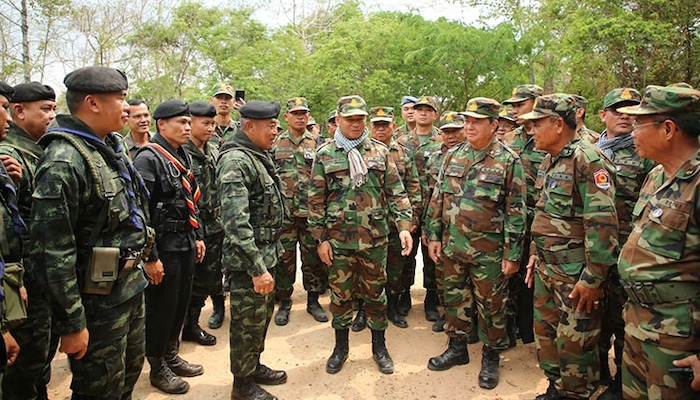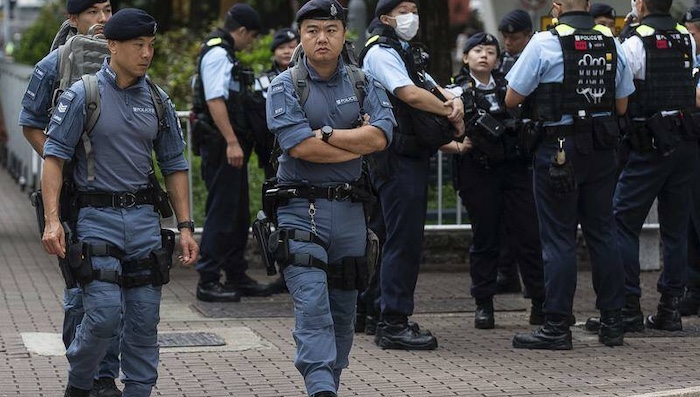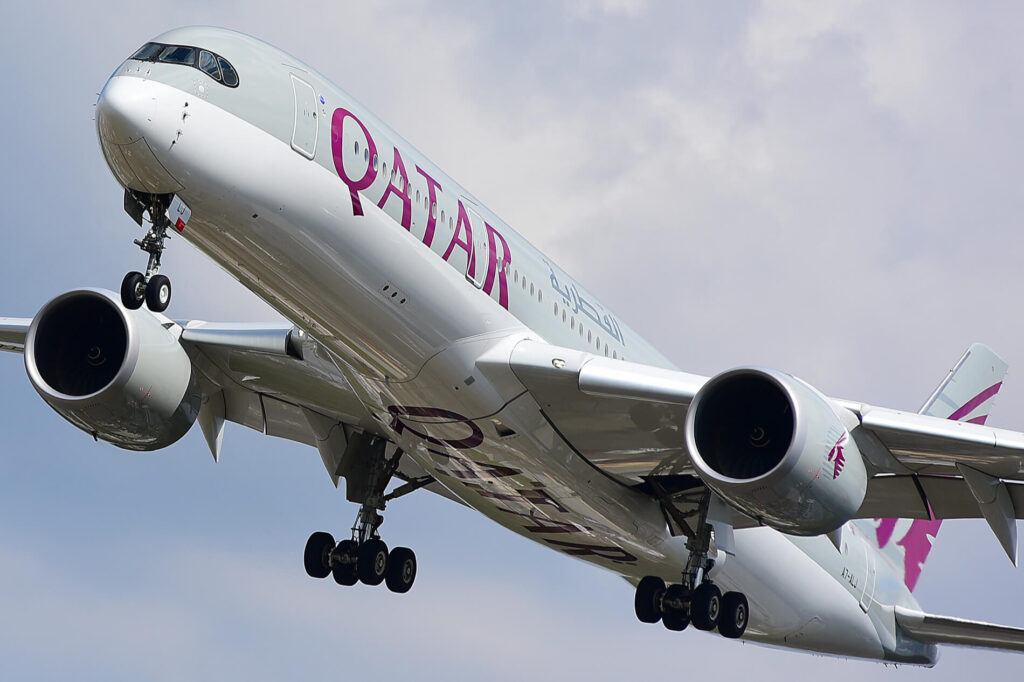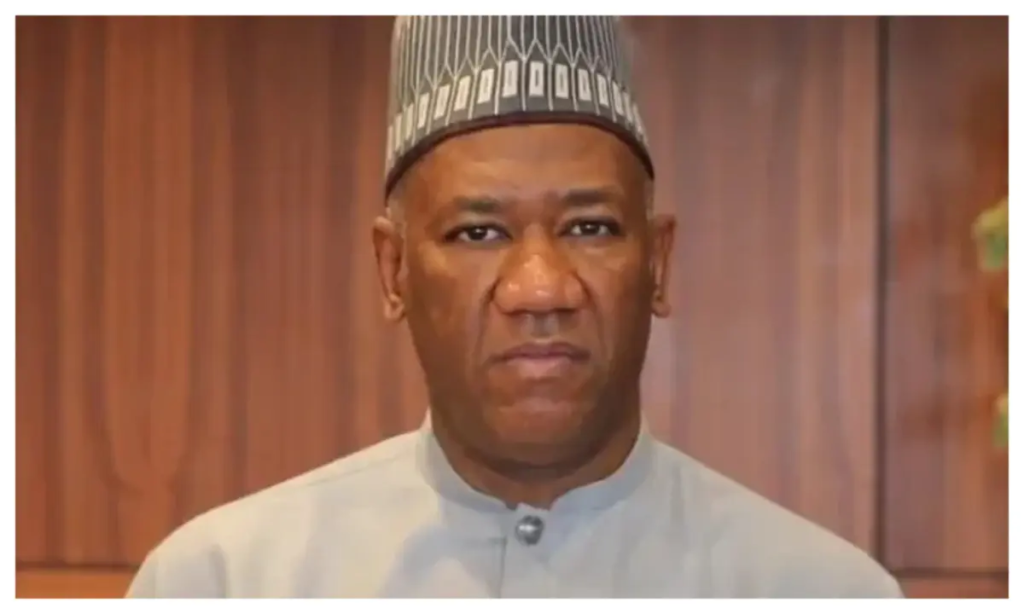The tent camps stretch for more than 16 kilometers (10 miles) along Gaza’s coast, filling the beach and sprawling into empty lots, fields and town streets. Families dig trenches to use as toilets. Fathers search for food and water, while children look through garbage and wrecked buildings for scraps of wood or cardboard for their mothers to burn for cooking.
Over the past three weeks, Israel’s offensive in Rafah has sent nearly a million Palestinians fleeing the southern Gaza city and scattering across a wide area. Most have already been displaced multiple times during Israel’s nearly 8-month-old war in Gaza, which is aimed at destroying Hamas but has devastated the territory and caused what the United Nations says is a near-famine.
The situation has been worsened by a dramatic plunge in the amount of food, fuel and other supplies reaching the U.N. and other aid groups to distribute to the population. Palestinians have largely been on their own to resettle their families and find the basics for survival.
“The situation is tragic. You have 20 people in the tent, with no clean water, no electricity. We have nothing,” said Mohammad Abu Radwan, a schoolteacher in a tent with his wife, six children, and other extended family.
“I can’t explain what it feels like living through constant displacement, losing your loved ones,” he said. “All of this destroys us mentally.”
Abu Radwan fled Rafah soon after the Israeli assault on the city began on May 6 as bombardment neared the house where he was sheltering. He and three other families paid $1,000 for donkey carts to take them to the outskirts of Khan Younis, about 6 kilometers (3.6 miles) away, where it took a day living outside before they could assemble the materials for a makeshift tent. Next to the tent, they dug a toilet trench, hanging blankets and old clothes around it for privacy.
Families usually have to buy the wood and tarps for their tents, which can run up to $500, not counting ropes, nails and the cost of transporting the material, the humanitarian group Mercy Corps said.
Israeli authorities controlling all entry points into Gaza have been letting greater numbers of private commercial trucks into the territory, the U.N. and aid worker say. More fruits and vegetables are found in markets now, and prices on some have fallen, Palestinians say.
Still, most homeless Palestinians can’t afford them. Many in Gaza have not received salaries for months and their savings are depleting. Even those who have money in the bank often can’t withdraw it because there is so little physical cash in the territory. Many turn to black market exchanges that charge up to 20% to give cash for transfers from bank accounts.



























